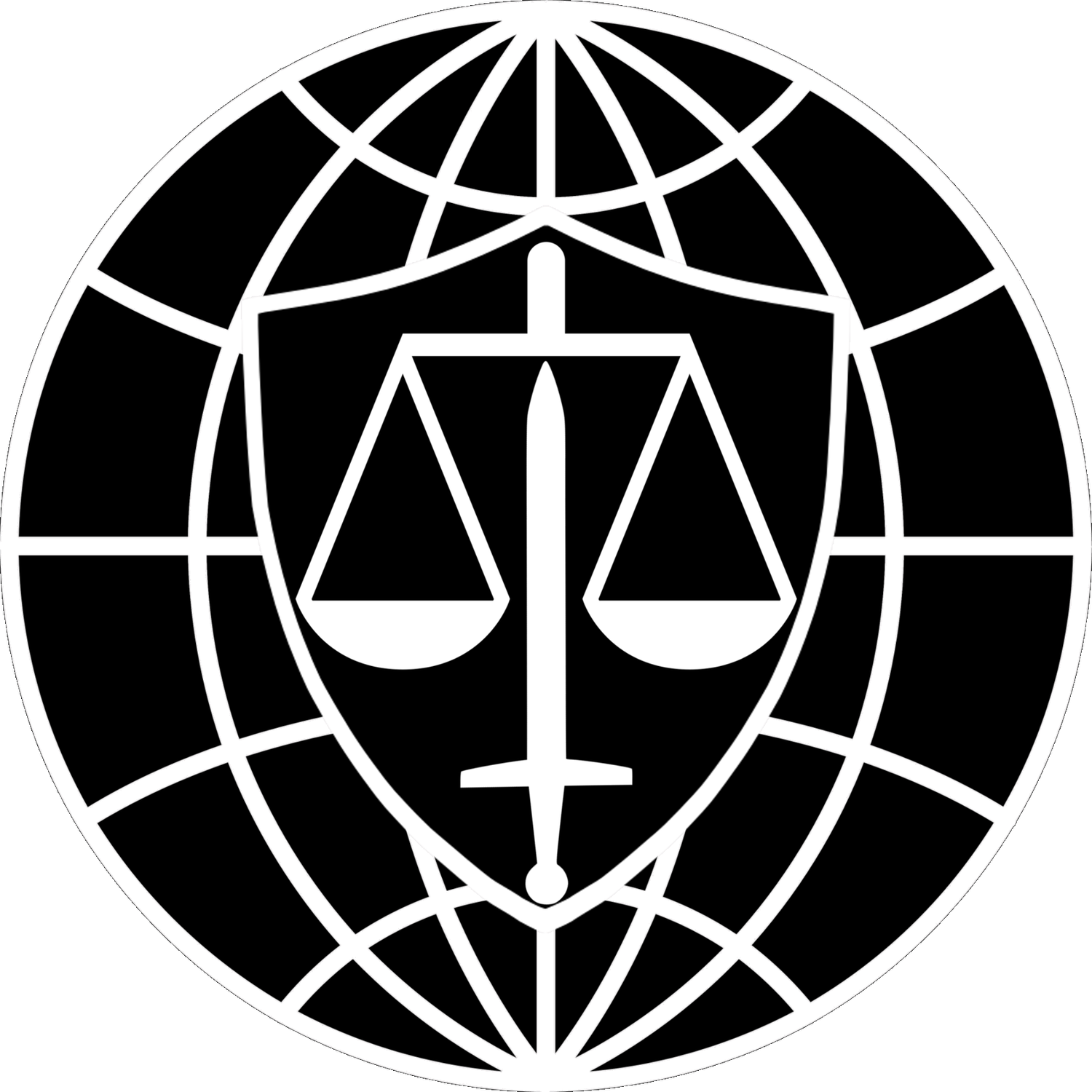
Employment-Based Immigrant Visas with Charles International Law
What are the Options?
Three basic types of employment-based immigrant visas are based on your experience, education, and talents.
*There are a few other types of employment-based immigrant visas. However, they are rare and based on specific conditions. Please ask your attorney if you think you might qualify.
EB1:
There are three sub-groups within this category:
Persons with extraordinary ability in the sciences, arts, education, business, or athletics. Applicants in this category must have extensive documentation showing sustained national or international acclaim and recognition in their fields of expertise. Such applicants do not have to have specific job offers, so long as they are entering the U.S. to continue work in the fields in which they have extraordinary ability. Such applicants can file their own Immigrant Petitions for Alien Worker, Form I-140, with the USCIS.
Outstanding professors and researchers with at least three years experience in teaching or research, who are recognized internationally. Applicants in this category must be coming to the U.S. to pursue tenure, tenure track teaching, or a comparable research position at a university or other institution of higher education. The prospective employer must provide a job offer and file an Immigrant Petition for Alien Worker, Form I-140, with the USCIS.
Multinational managers or executives who have been employed for at least one of the three preceding years by the overseas affiliate, parent, subsidiary, or branch of the U.S. employer. The applicant’s employment outside of the U.S. must have been in a managerial or executive capacity, and the applicant must be coming to work in a managerial or executive capacity. The prospective employer must provide a job offer and file an Immigrant Petition for Alien Worker, Form I-140, with the USCIS.
EB-2:
There are two subgroups within this category:
Professionals holding an advanced degree (beyond a baccalaureate degree) or a baccalaureate degree and at least five years of progressive experience in the profession.
Persons with exceptional ability in the sciences, arts, or business. Exceptional ability means having a degree of expertise significantly above that ordinarily encountered in the sciences, arts, or business.
National Interest Waivers
Usually, an applicant for an EB-2 visa has to have a job offer from an employer in the United States. The prospective employer must also have permission from the U.S. Department of Labor to give the job to a foreign applicant. The prospective employer can only obtain that permission through a long and expensive “Permanent Labor Certification.” However, an applicant can avoid the requirement of a job off and “self-petition” if the applicant obtains a “national interest waiver” (“NIW”). To obtain an NIW, the applicant must complete a Department of Labor Form ETA 9089. a
The legal test for what an applicant must prove to earn a national interest waiver was established by the USCIS Administrative Appeals Office in a case called In the Matter of Dhanasar, 26 I&N Dec. 884 (AAO 2016). Under Dhanasar, an applicant must also submit evidence to USCIS proving the following:
That the foreign national's proposed endeavor has both substantial merit and national importance;
That he or she is well-positioned to advance the proposed endeavor; and
That on balance, it would be beneficial to the United States to waive the job offer and labor certification requirements
EB-3:
There are three subgroups within this category:
Skilled workers are persons whose jobs require a minimum of 2 years of training or work experience that are not temporary or seasonal.
Professionals are members of the professions whose jobs require at least a baccalaureate degree from a U.S. university or college or its foreign equivalent degree.
Unskilled workers (Other workers) are persons capable of filling positions that require less than two years of training or experience that are not temporary or seasonal.
All EB-3 applications require sponsorship by a prospective employer and a permanent labor certification by the U.S. Department of Labor
What Can Charles International Law Do for You?
If you are an individual who might qualify as an alien of extraordinary ability, an outstanding professor or researcher, or an international executive, Charles International Law will help you apply for an EB-1 visa by doing the following:
Completing the form I-140 form;
Advising you on the specific kinds of evidence that will best support an application under your unique circumstances;
Organizing your evidence in a fashion most likely to result in an approval;
Conducting background research to obtain general evidence on your field of expertise ad the market conditions affecting your success; and
Drafting a compelling legal briefing explaining why the evidence you and Charles International Law satisfies the applicable legal standards and why you would make a good lawful permanent resident of the United States.
What Do You Need to Do?
Collect your documents
Fill out the appropriate forms.
For an EB-2 application, collect the following documents and provide them to your attorney:
Passports. Passport copies or scans must include each and every page of the passport. Provide a copy or scan of the passports belonging to the Petitioner and each Beneficiary. If any party does not have a passport, please inform CLS of that fact in writing.
Marriage Certificate. This applies to all cases in which the Petitioner and the Beneficiary are married. Please provide a copy of the marriage certificate signed by the officiant.
Birth Certificates. Provide an original birth certificate or foreign equivalent for the Petitioner and each Beneficiary.
Pay Stubs. One of the criteria for showing that an applicant has an “exceptional ability” is “that the alien has commanded a salary, or other remuneration for services, which demonstrates exceptional ability.” Pay stubs showing your recent salary will help.
Letters of Recommendation. One of the ways to prove that an applicant has an “exceptional ability” is by “[e]vidence of recognition for achievements and significant contributions to the industry or field by peers, governmental entities, or professional or business organizations.” Letters of Recommendation from your peers or superiors will help your application.
Evidence in Membership in Professional Organizations or Trade Groups. One of the ways to prove that an applicant has an “exceptional ability” is by, “[e]vidence of membership in professional associations.”
Documentation of Professional Awards. One of the ways to prove that an applicant has an “exceptional ability” is by “Evidence of recognition for achievements and significant contributions to the industry or field by peers, governmental entities, or professional or business organizations.”
Copies of Professional Licenses. One of the ways to prove that an applicant has an “exceptional ability” is through “[an existing] license to practice the profession or certification for a particular profession or occupation.
Copies of Professional Logs. One of the ways to prove that an applicant has an “exceptional ability” is through proof “that the alien has at least ten years of full-time experience in the occupation for which he or she is being sought.” However, years of experience are less relevant to some industries than hours logged performing certain professional tasks. Examples include flight hours in the aviation industry and bottom time for professional divers.
Training Certificates. Please provide certificates evidencing any significant professional training you have received.
Diplomas and Degrees. One of the criteria for showing that an applicant has an “exceptional ability” is “that the alien has a degree, diploma, certificate, or similar award from a college, university, school, or other institution of learning relating to the area of exceptional ability.” A copy of your degree diploma will help. Please also consider getting an equivalence assessment of your foreign academic degree.
College or University Transcripts. One of the criteria for showing that an applicant has an “exceptional ability” is “that the alien has a degree, diploma, certificate, or similar award from a college, university, school, or other institution of learning relating to the area of exceptional ability.” A copy of your college or university transcripts will help.
Evidence of Prior Employment. One of the ways to prove that an applicant has an “exceptional ability” is by evidence “that the alien has at least ten years of full-time experience in the occupation for which he or she is being sought.”


